Turkey’s Crackdown: Nearly 1,900 Detainees Amidst Protests Over Jailed Mayor
- by Istanbul, Ankara, RNG247
- about 7 months ago
- 143 views
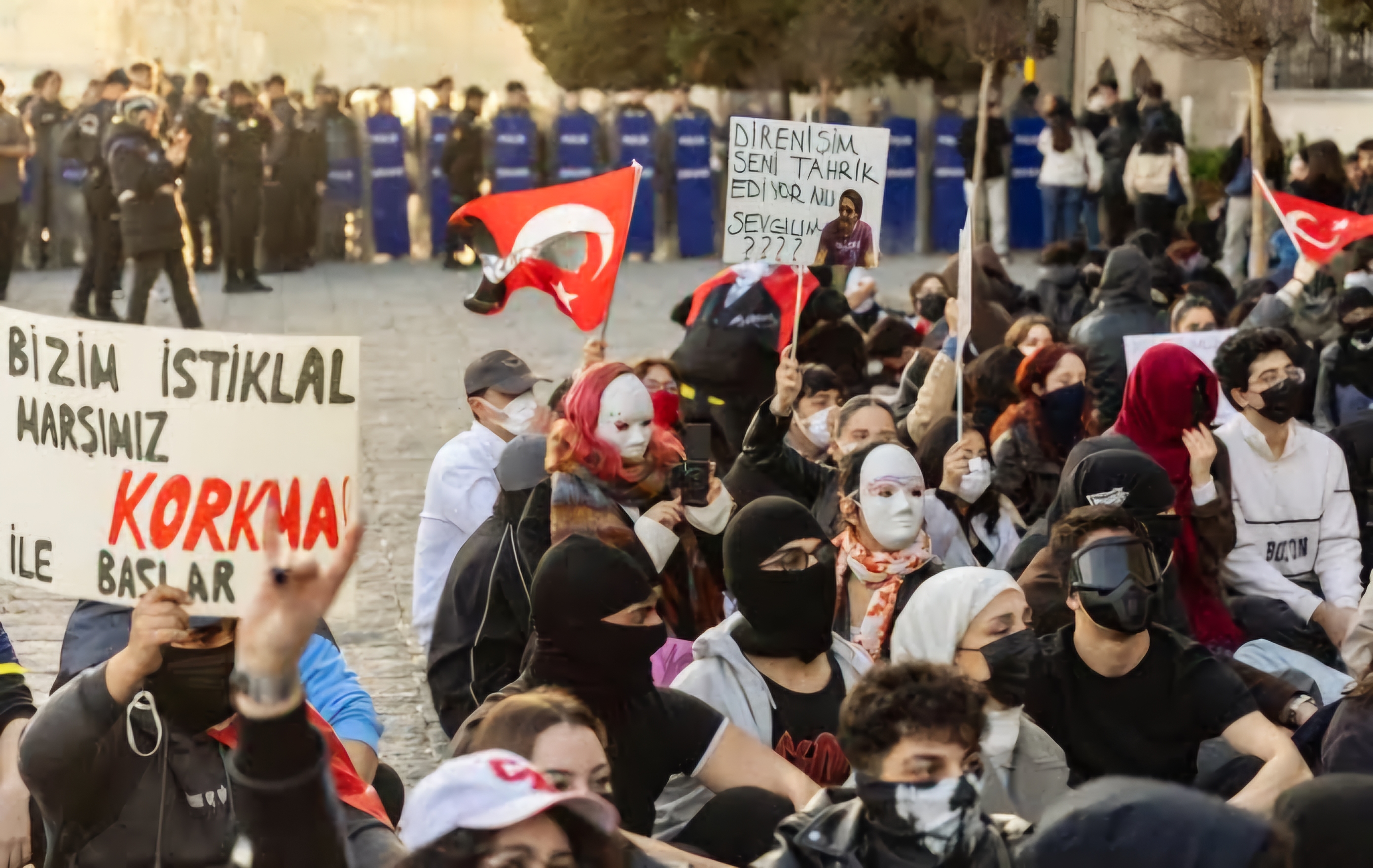
In a dramatic escalation of political tensions, Turkey has detained nearly 1,900 individuals in the wake of nationwide protests sparked by the controversial arrest of Istanbul Mayor Ekrem Imamoglu. The arrests followed a wave of demonstrations that began eight days ago, drawing the ire of both local and international observers.
Imamoglu, a leading political opponent of President Tayyip Erdogan, was taken into custody last Sunday on allegations of corruption, prompting the largest anti-government protests the country has seen in a decade. His arrest raised serious concerns among his supporters, who view the charges as a politically motivated effort to eliminate a formidable electoral rival ahead of upcoming elections.
The Republican People's Party (CHP), Imamoglu's political home, has rallied opposition parties and civil rights organizations, asserting that the judicial process is being weaponized against political dissent. "This is not just an arrest; it is a blatant effort to suppress democracy," stated a CHP spokesperson.
In response to criticism from international communities, Turkey's Justice Minister, Yilmaz Tunc, characterized the foreign remarks as "prejudiced." He defended the detentions by emphasizing the seriousness of the allegations against Imamoglu and insisted that the judiciary remains independent. “We don’t want the arrest of any politician, but the law must take its course when violations occur,” he stated.
As tensions mounted, Istanbul's opposition-led municipality swiftly appointed an interim mayor, Nuri Aslan, to continue leading the city through this turbulent period, preventing the government from imposing a trustee, as it has done in other regions.
Interior Minister Ali Yerlikaya confirmed that 1,879 people had been detained since protests erupted last Wednesday. He indicated that 260 individuals have been jailed pending trial, while others are still undergoing processing. The pro-democracy forces, however, have denounced the government's heavy-handed approach, accusing law enforcement of using excessive force to quash peaceful protests.
Human rights groups have prompted investigations into police brutality, highlighting that the demonstrations, predominantly peaceful, reflect widespread discontent with the current administration. Meanwhile, Western democracies have expressed alarm over what they perceive as Turkey’s drift toward authoritarianism.
Facing mounting scrutiny, Tunc asserted that the judicial system operates independently of Erdogan’s influence and dismissed allegations of political bias in the case against Imamoglu. Critically, he underscored that the arrest should not be seen as a signal of impunity for elected officials.
As financial markets reacted poorly to the escalating political crisis, Turkey's central bank took measures to support the ailing lira, assuring that the economy remained fundamentally sound despite growing volatility.
Adding to the media scrutiny, the BBC reported the deportation of its correspondent, Mark Lowen, as authorities claimed his presence posed a threat to public order. Journalists covering the protests have raised alarms about press freedoms, with Turkey ranking 158th out of 180 nations in the latest Reporters Without Borders index.
As Turkey remains in the global spotlight for its internal strife, the potential long-term consequences of these events on the nation’s political landscape and economic stability remain uncertain. The opposition continues to call for peaceful protests, vowing to maintain pressure on the government as the situation unfolds.



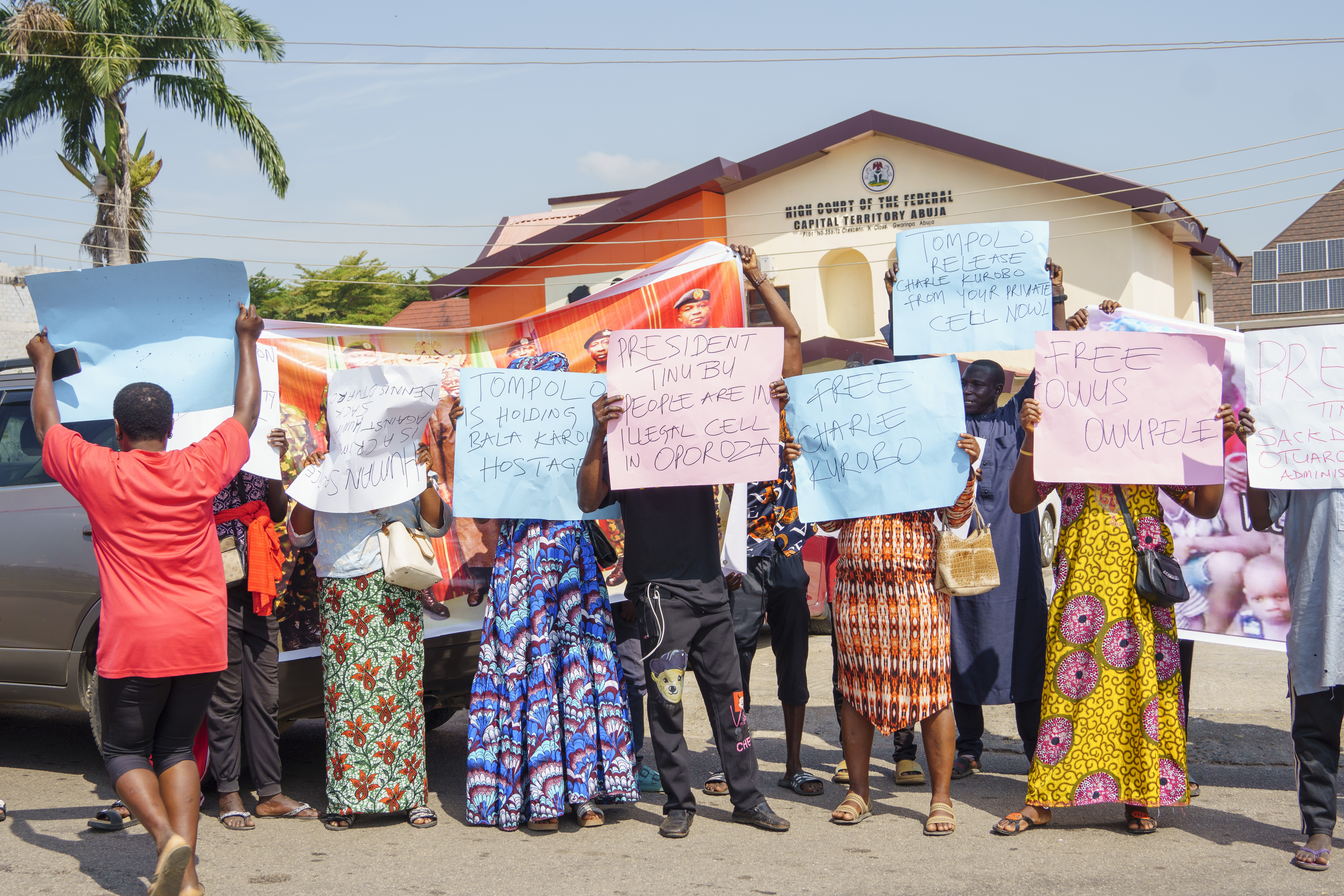
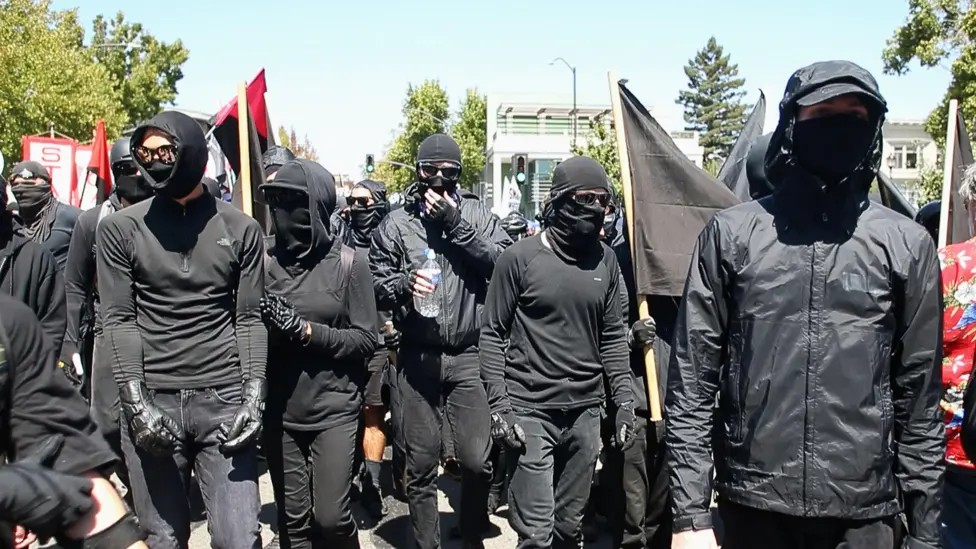
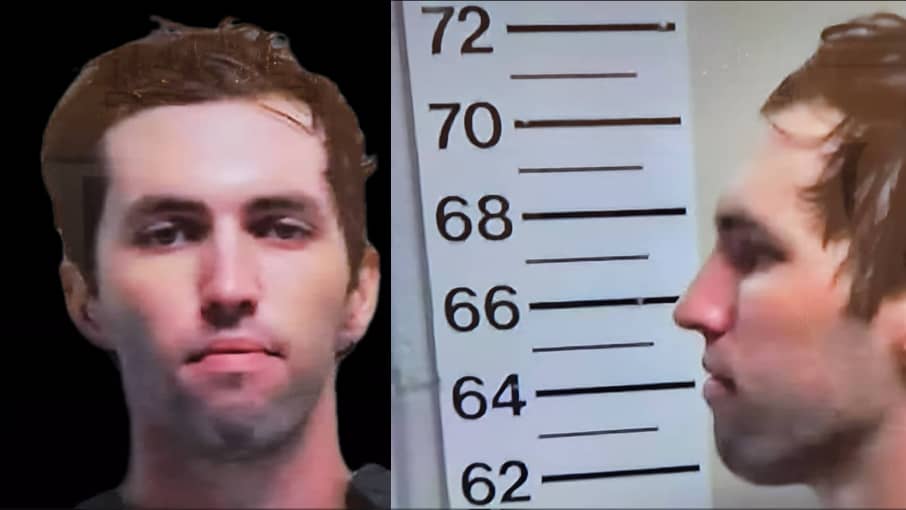
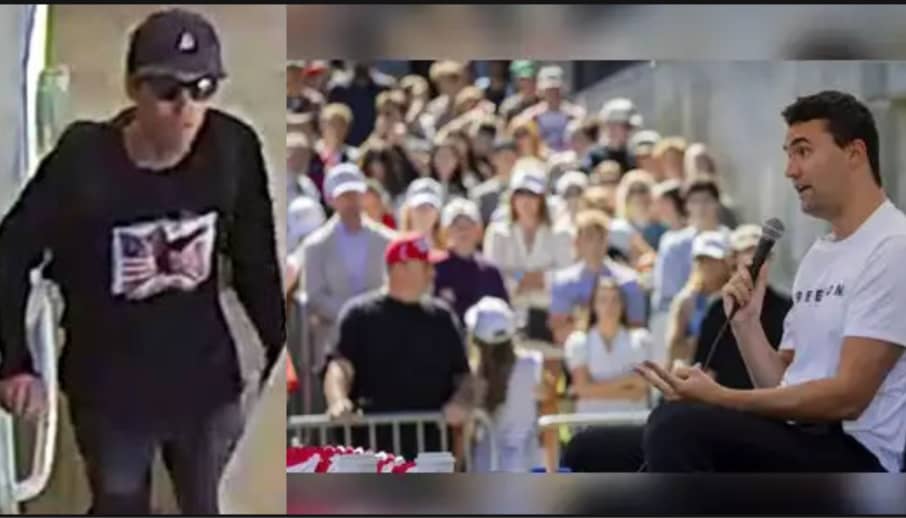
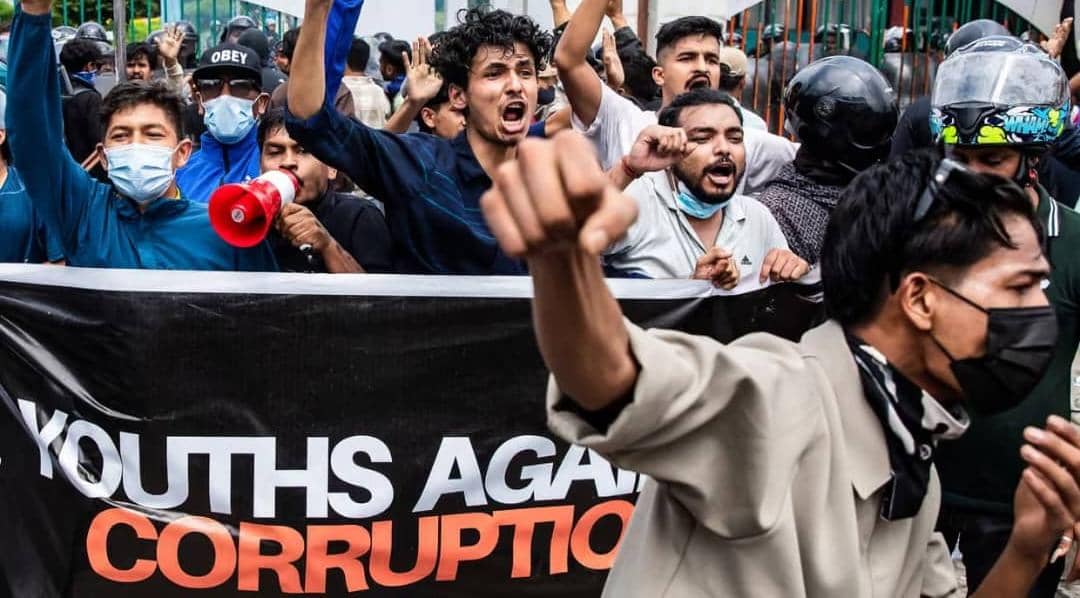
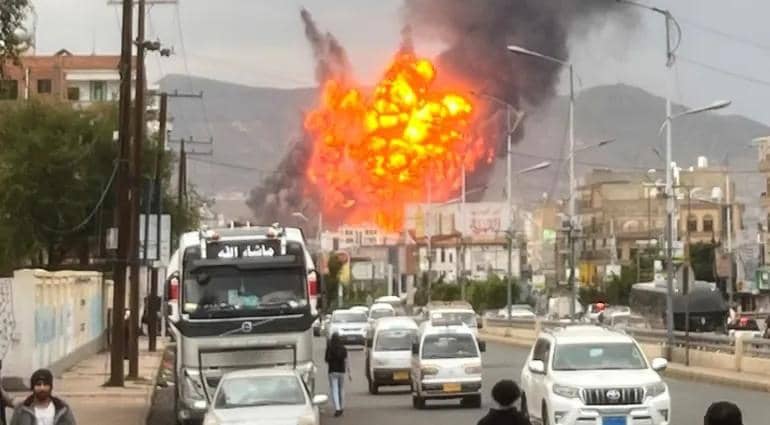
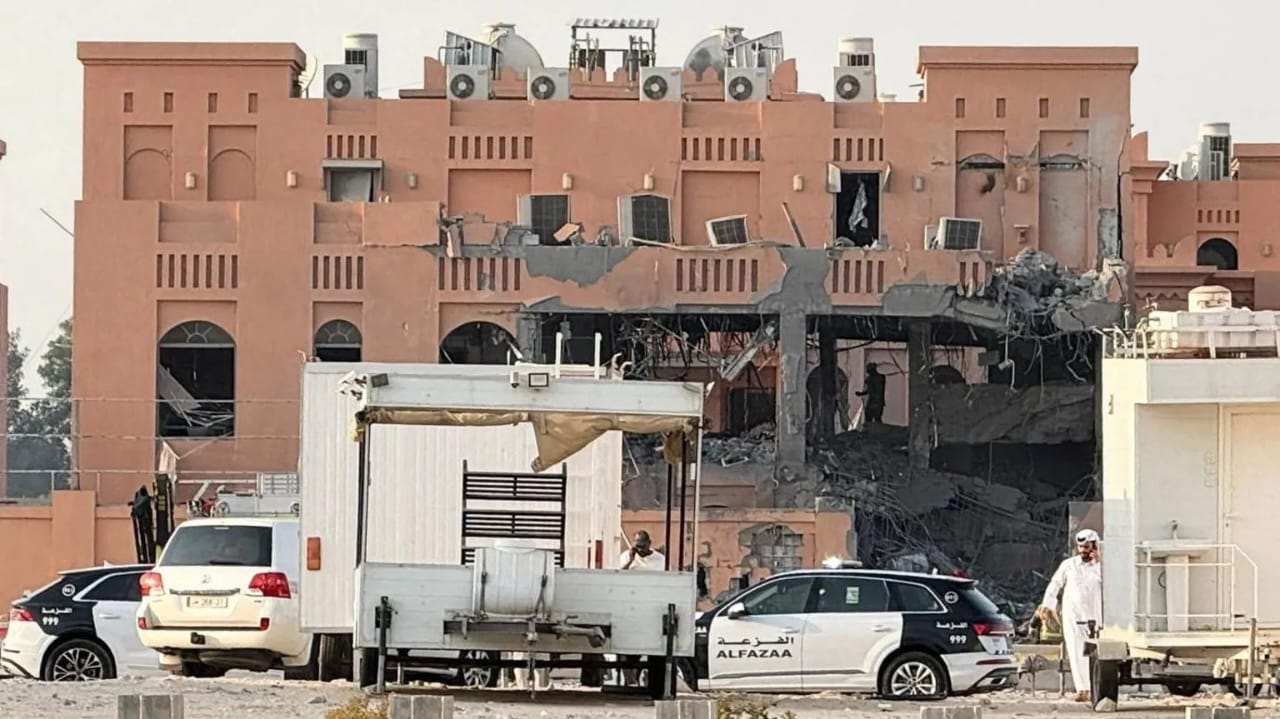
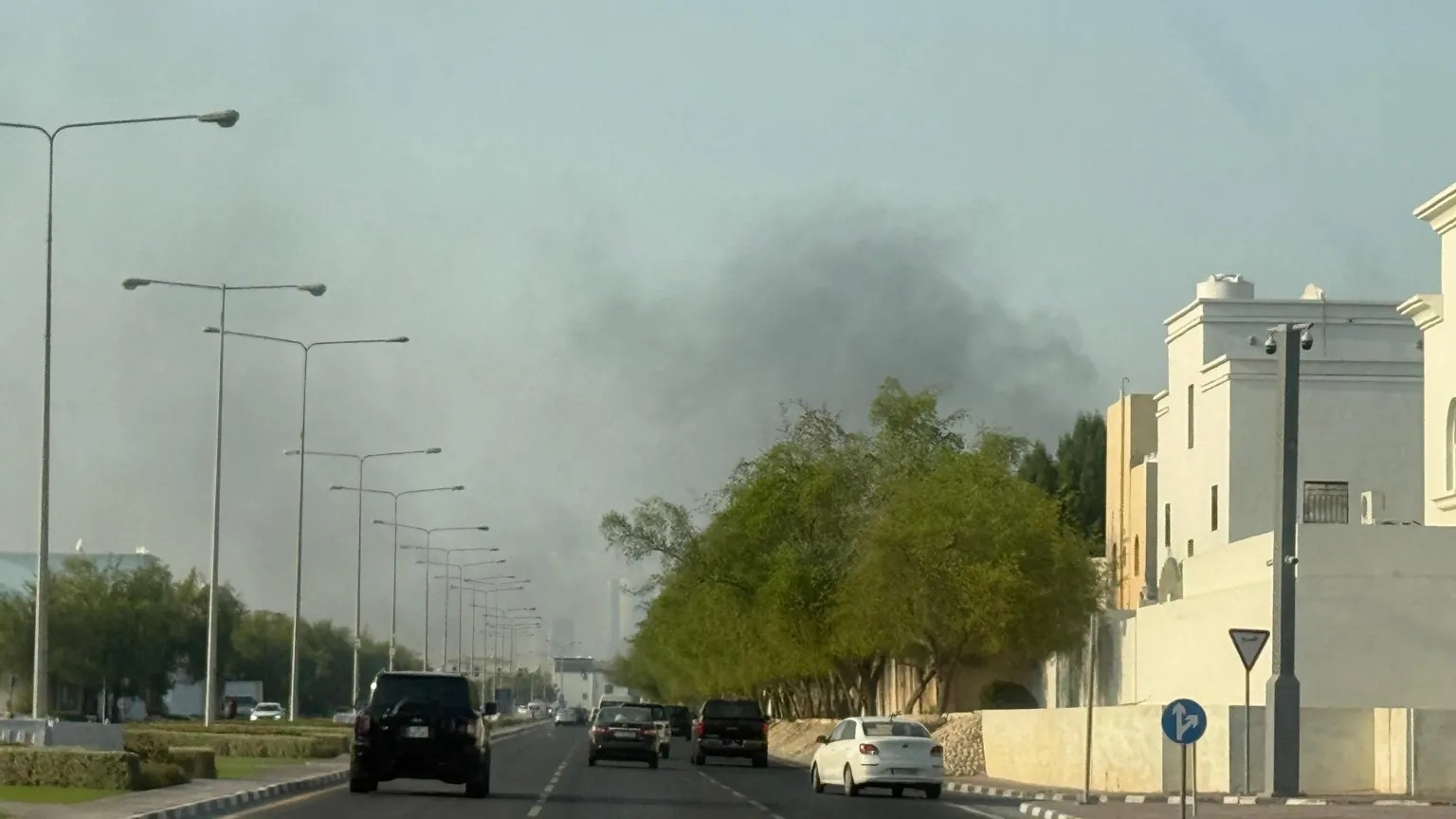

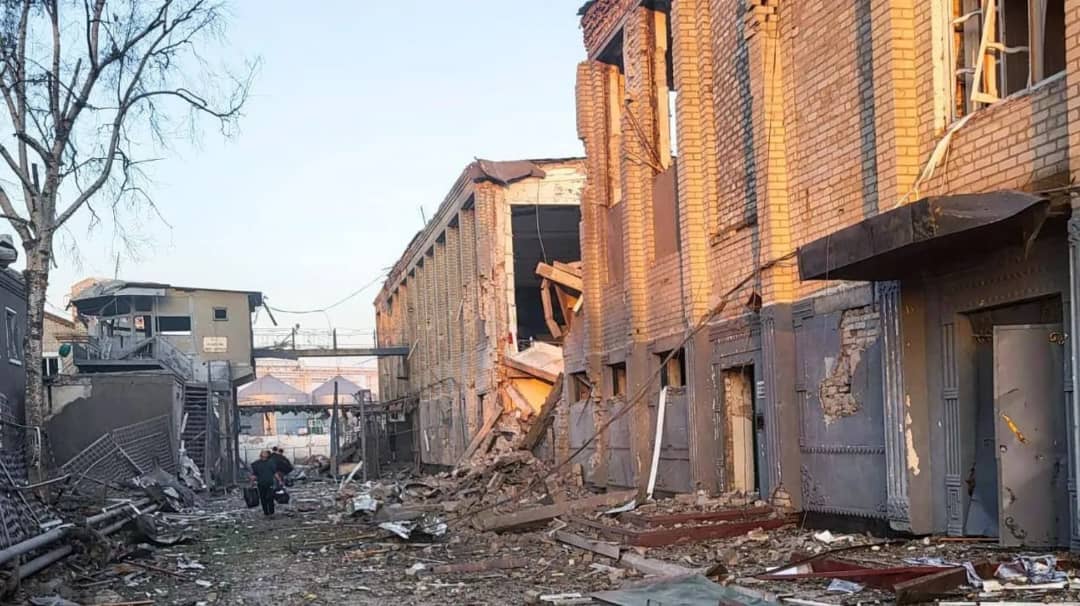
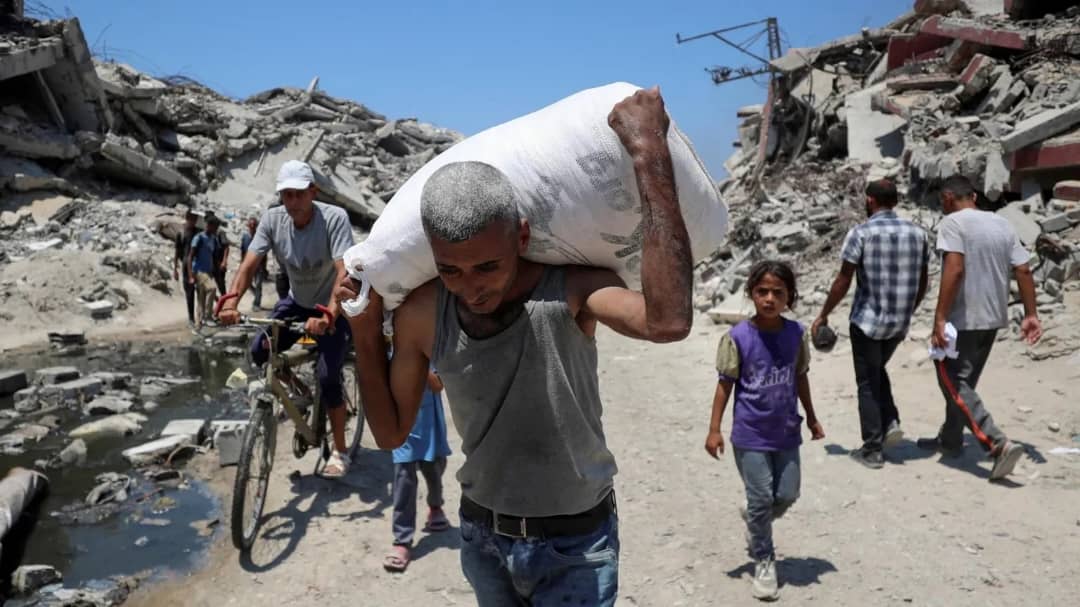
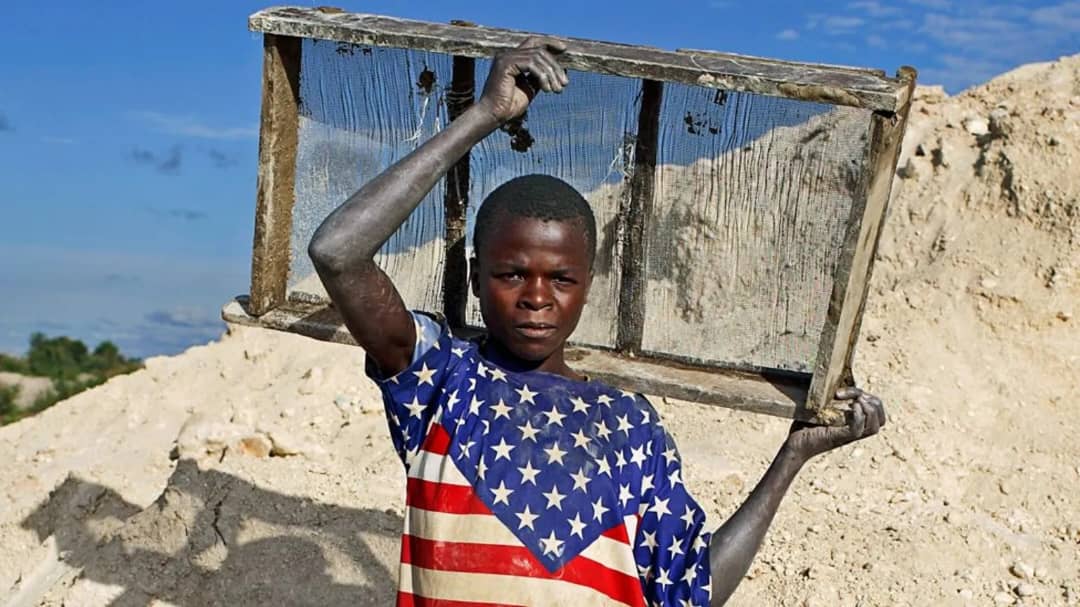

0 Comment(s)